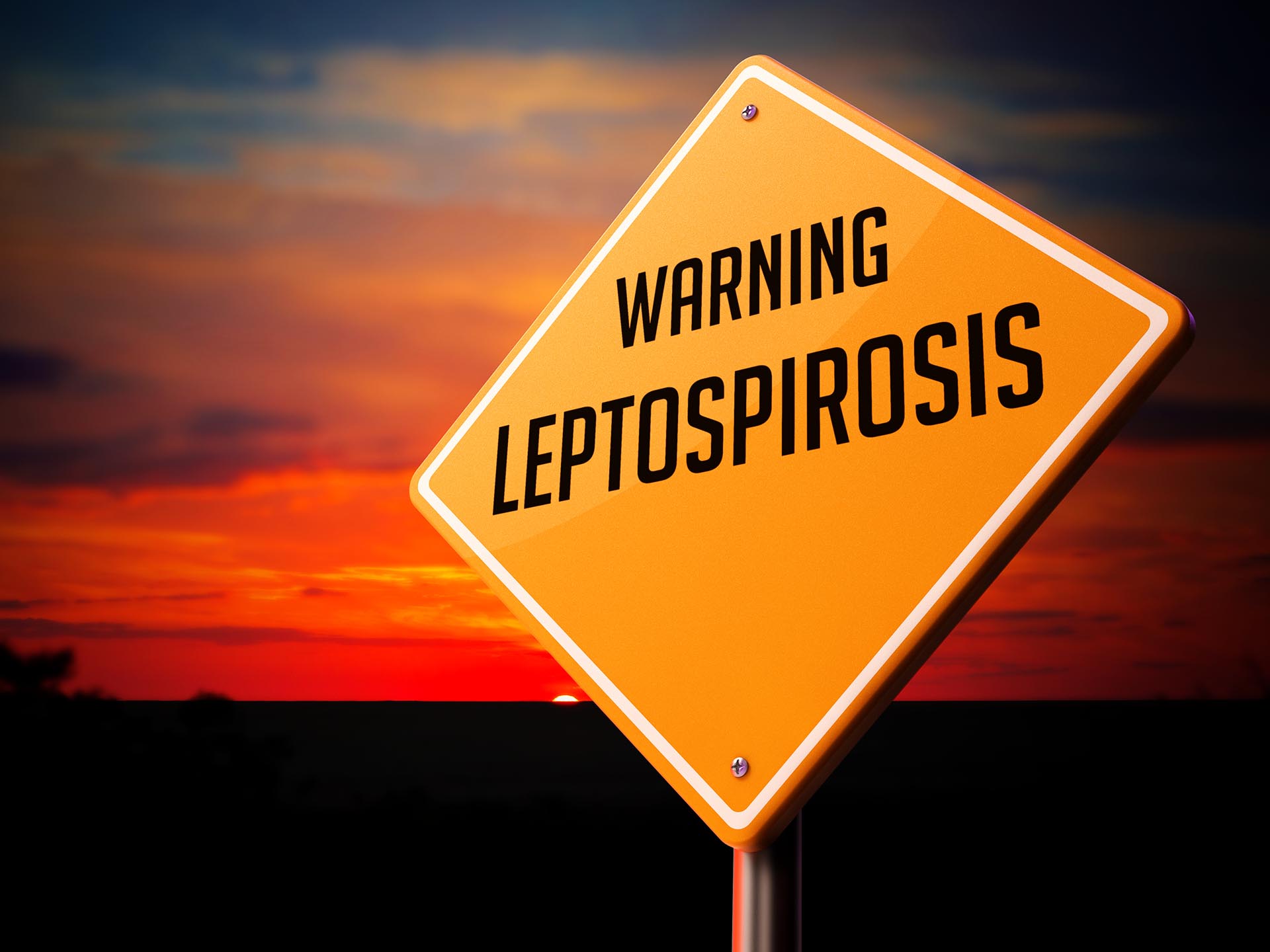Causes and risk factors
Leptospirosis is caused by bacteria of the genus Leptospira. Direct contact with the urine of infected animal transmits the organism. Contact with water, soil, or food contaminated with the urine of infected animals like dogs, pigs, cattle, especially rodents like rats can cause the disease. After contamination, the bacteria enters the body either through cuts and abrasion on the skin or through the mucous membrane of the mouth, nose, and eye. Drinking infected water can also cause infection. Infection can also spread from mother to the baby through breastfeeding. Risk of developing leptospirosis is high among dairy farmers, veterinarians, microbiologists, slaughter houses workers, and hunters. Recreational activities like water sports, fresh water swimming also can lead to the infection.
Clinical presentation
After infection, the incubation period is 2-4 days. The disease has two phases. First phase includes symptoms like high fever with chills, headache, muscleache. There is diarrhea, vomiting, and abdominal pain. Patient complains of redness of the eyes. Rash, hemorrhages on skin and mucous membrane and jaundice is observed. Second phase is a severe form of disease. It is also called as Weil’s disease. Initial symptoms recur. Person may end up in kidney failure, liver failure, and meningitis in this phase.
Investigation
Medical history by the patient and clinical examination by the doctor helps in diagnosis. Examination of blood, urine for the organism is recommended. Kidney function test, liver function test is advised. CSF examination is recommended in case of neurological complications.
Treatment
A course of antibiotics will help in treating the disease. Supportive care is given with symptomatic treatment such as analgesics, antipyretic, and antiemetics. Human vaccines are available in some countries and should be taken every year for prevention.
Other Modes of treatment
The other modes of treatment can also be effective in treating leptospirosis. Homoeopathy is a science which deals with individualization and considers a person in a holistic way. This science can be helpful in combating the symptoms. Similarly, the Ayurvedic system of medicine which uses herbal medicines and synthetic derivates is also found to be effective in treating leptospirosis.






























